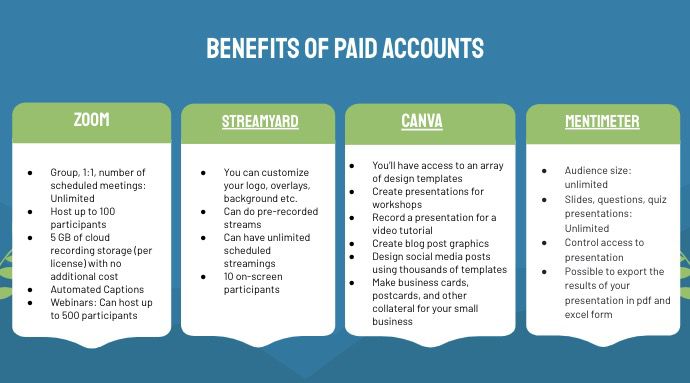Environmental justice is key to ensuring climate solutions that are fair, just, and sustainable in the future. Up until now, and despite its importance, there has been no central set of values and principles to guide decision-makers in order to ensure that the right steps are being taken to incorporate justice into national plans for methane reduction. The Framework includes a vision for systems change towards zero waste, climate justice, and quick action on methane reduction. Furthermore, it outlines five EJ principles for the waste sector. It is also complemented with guidance for policymakers and checklists for NDCs that are anchored to the five principles. Successful implementation of organic waste diversion in line with EJ principles builds community, waste worker, and local government buy-in and demonstrates the practical effectiveness of these strategies, including important co-benefits in livelihoods and environmental health.
We are excited to share with you GAIA’s Shared-Tools Program!

WHAT IS THE SHARED-TOOLS PROGRAM?
As GAIA members, you have the opportunity to access several paid accounts of online tools that you can utilize for your campaigns. These online tools include Zoom accounts (both for meetings and webinars), Canva, Mentimeter, and Streamyard.
HOW TO AVAIL:
- Zoom (in the meantime, reach out to Trish)
- Registration link to access Canva, Streamyard, Mentimeter (please reach out to Trish)
- Please wait for the confirmation email that includes the login details.
Thank you for your cooperation!
If you need training on any of these tools, please reach out to Trish Parras [patricia@no-burn.org]
This paper, meant for city and municipal officials, gives a brief introduction to incineration. It aims to inform readers about the technical basics
of incineration plants and their pitfalls and equip them with questions to ask when they are faced with incinerator proposals. Aside from being a guide for officials faced with incinerator proposals, this paper hopes to help decision-makers aim for long-term directions toward sustainability and advocate for better and safer resource and waste management systems in their localities.
With organics making up more than 50% of solid waste in Asia, managing this waste stream will have a huge impact on waste management and the reduction of methane emissions.
With superb illustrations and easy-to-follow instructions, “Back to Earth” encourages people to explore every facet of composting: whether in a sprawling backyard or in a limited space such as a high-rise apartment, composting can be customized to suit any situation.
The most important message, however, is that composting is a simple and yet effective step anyone can take to help alleviate the burden on our landfills, replenish soil nutrients, and reduce carbon and methane emissions.
GAIA US Canada’s Community Tools for Anti-Incineration Organizing resource designed to support community organizers and advocates in both new and existing incineration campaigns. The toolkit is informed by the experiences of GAIA members around the world who have mobilized their own communities and allies to fight for a world without waste-burning.
This guide is intended to help organizers mobilize around the Zero Waste Masterplan to advance zero waste campaigns in their communities. (2020)
The Zero Waste City Manual: A toolkit to establish city and community Zero Waste systems by GAIA member Citizen consumer and civic Action Group (CAG) presents a practicable plan for municipalities to process waste, aggregate recyclables and domestic hazardous waste at the zone level, and leverage the private formal and informal waste networks in all Indian cities. Prepared based on ground experience working with the Greater Chennai Corporation to transition from a centralized waste to a Zero Waste system, the manual can be adapted to other cities based on their local context.
This toolkit is for policymakers, sustainability professionals, environmental advocates, and grassroots organizers leading their cities into a green and just future through zero waste. (2020)
This publication aims to provide a diagnosis of the current global situation of wastepickers – informal waste workers that provide a waste management service, and contribute to public health and sustainability but lack social and health protection.




























